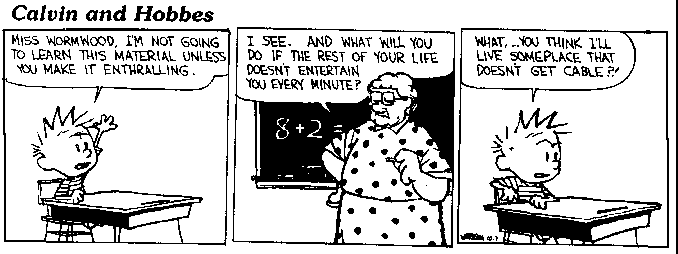I also love the ability to create tabs in a single window. They're easier to close when I want to return to the previously open tab than the multiple windows in IE or Netscape.

I've experienced no difficulty with viewing any sites. It doesn't appear that incompatibilities are much of a problem. Either that, or website developers are getting savvier about not using browser-specific tags.

There's also a new email viewer, called Thunderbird, that many are calling an "Outlook killer". I haven't tried it - I generally use my Yahoo account, or Popmail.
In general, the Open Source software that I've tried is functional and easy to use (Open Office, Linux, Firefox, etc.). I must caution, however, I don't generally push the envelope. I'm a lazy user - if the software does 80-90% of what the commercial product does, I'm satisfied with it. Minor differences don't bother me.








 QuizLab is definitely worth the expense. It's $ 30/yr. per teacher. You can buy an individual license, or get a slightly better deal in combination with other teachers. Either way, and even if you have to pay for it, it's very much worth it.
QuizLab is definitely worth the expense. It's $ 30/yr. per teacher. You can buy an individual license, or get a slightly better deal in combination with other teachers. Either way, and even if you have to pay for it, it's very much worth it.

